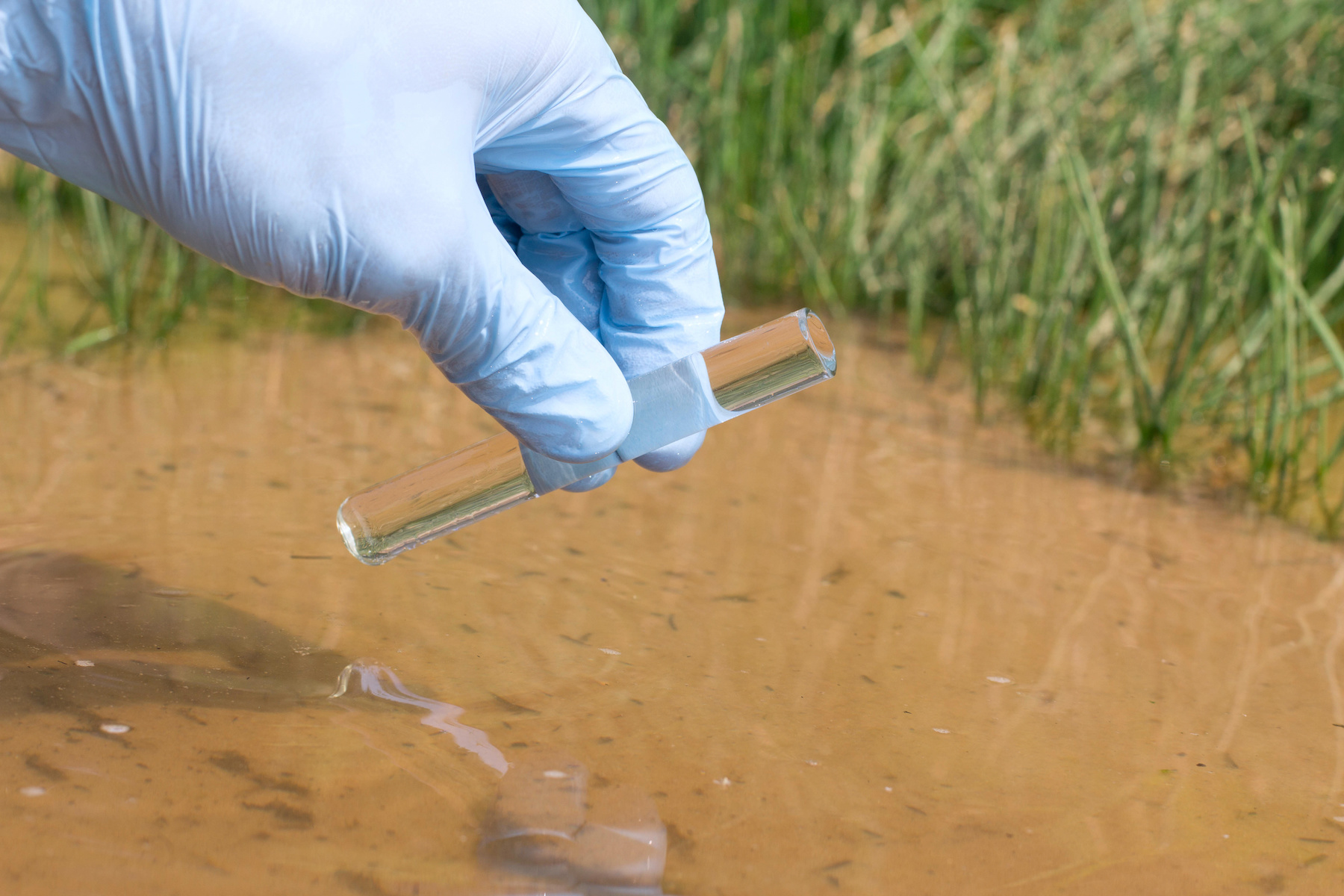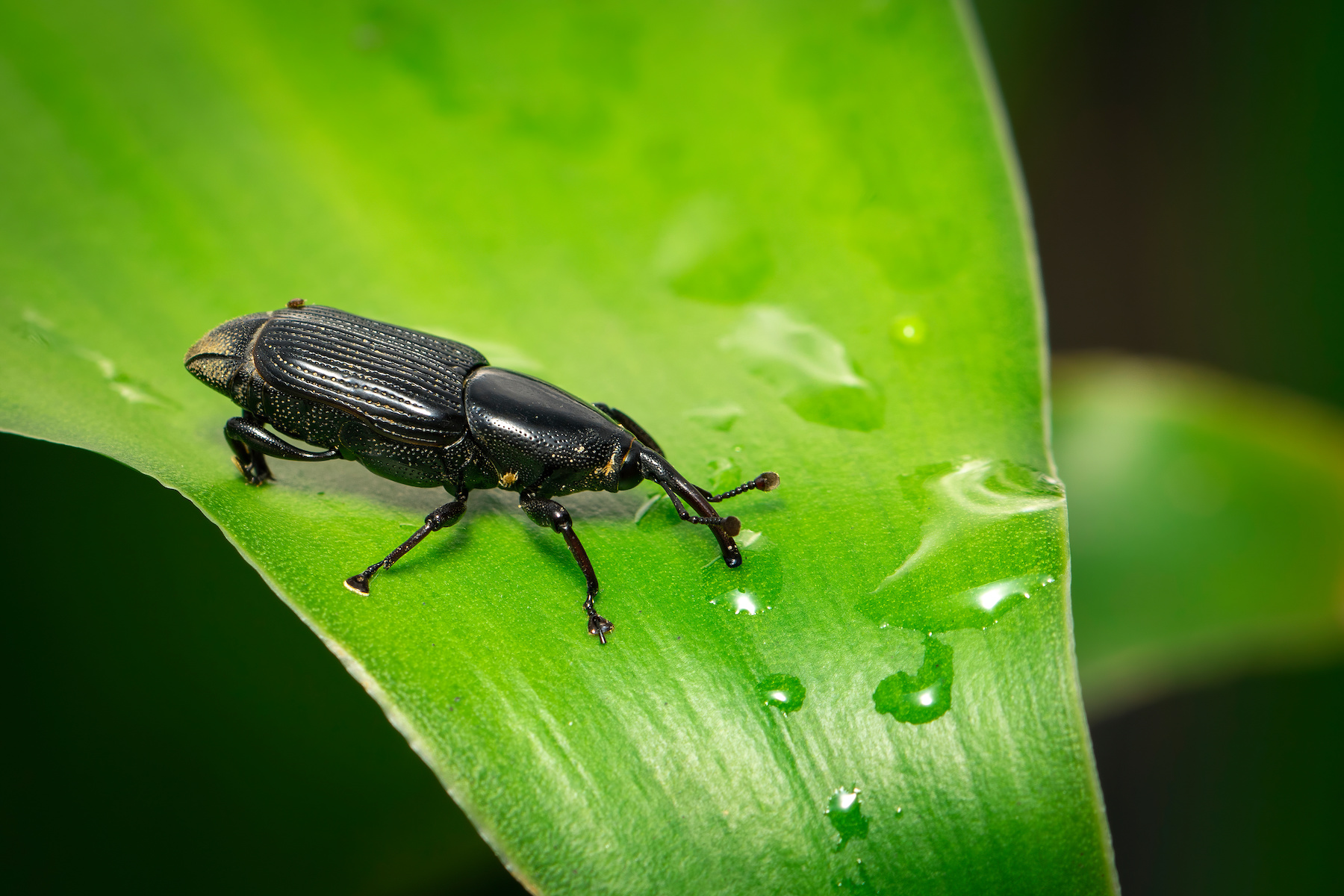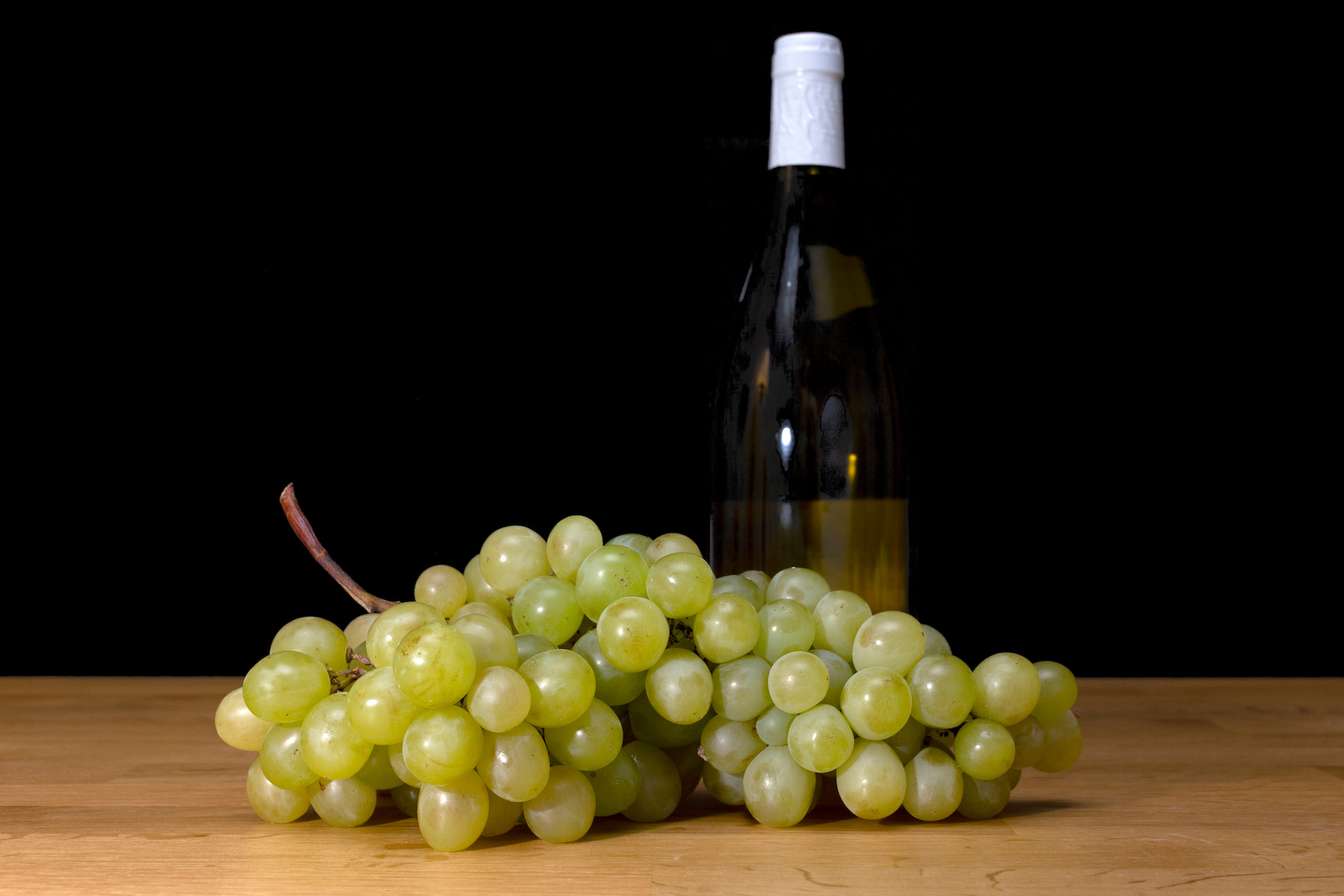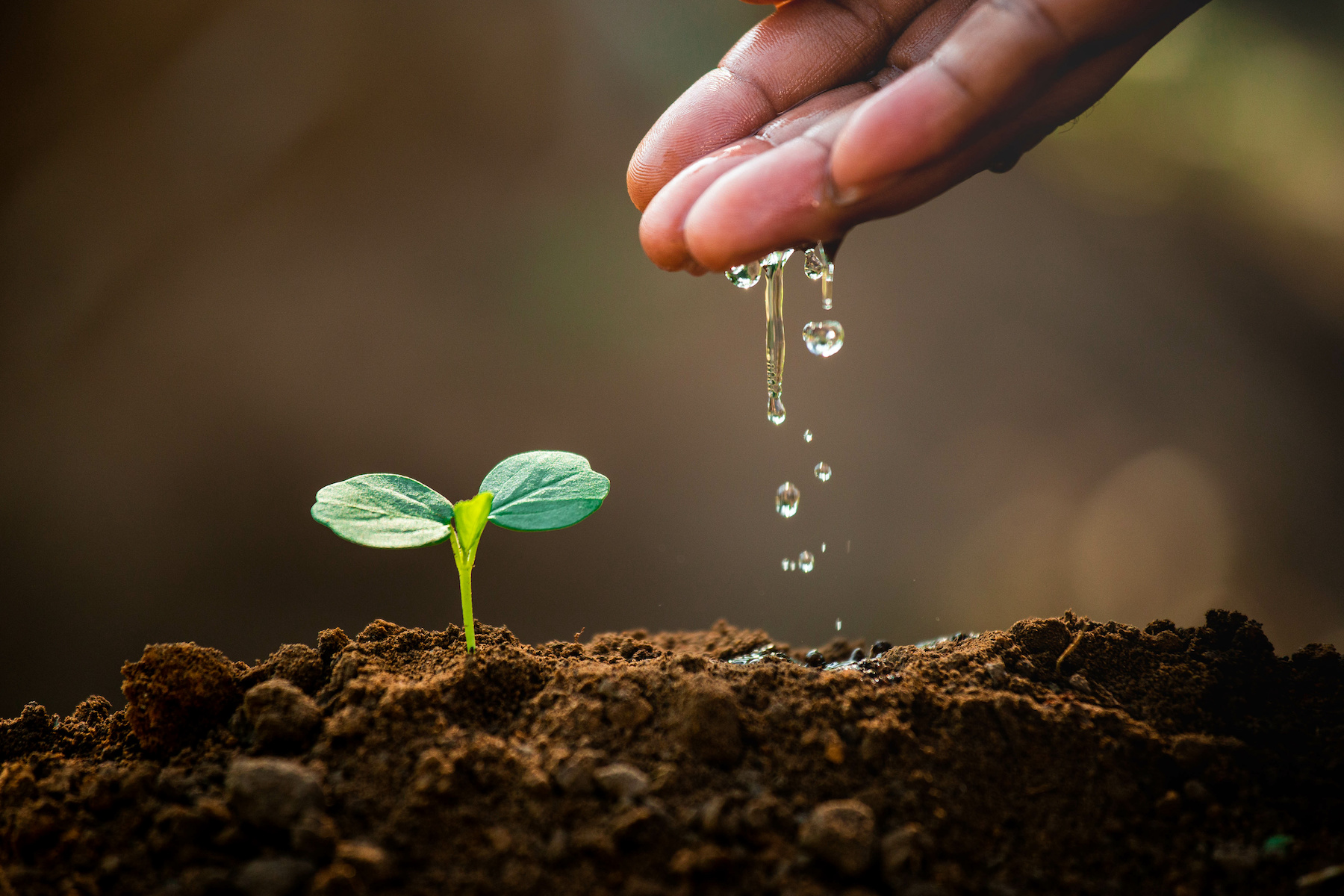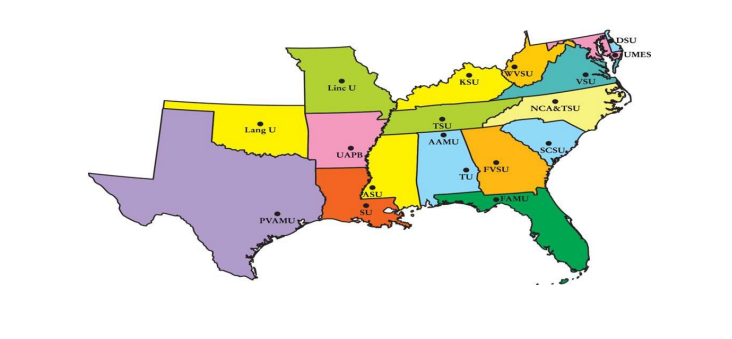CAFS Research Centers
Finding local and global solutions to agricultural, ecological, environmental, health, and food security issues is a major focus of our research at Florida A&M University’s (FAMU) College of Agriculture and Food Sciences (CAFS). True to our land-grant mission, the research faculty, students, and staff at the Center for Biological Control, the Center for Water Resources, the Center for Viticulture and Small Fruit Research, and within other research programs have accomplished many significant breakthroughs over the years that have helped a wide segment of our stakeholders, particularly our industry partners and the small and limited resource farmers in Florida.
"Although our research is geared to solve local problems, many of our research findings also have widespread, global applications."
CAFS RESEARCH CENTERS
The major areas: (1) Viticulture and Small Fruits Research; (2) Preserving Water Quality of North Florida Watersheds Research; (3) Strategic Research for the Management of Invasive Pest Species; and (4) FAMU Livestock and Crop Improvement Program.
The FAMU-CAFS Brooksville Agricultural Research Environmental Research Station (BAERS) is located in Brooksville, Hernando County, Florida. BAERS' 3,800 acres is inhabited by many species of wildlife and plant life that are captivating and a true picture of natural art to watch.The land was transferred to FAMU from the United States Department of Agriculture, Agricultural Research Service (USDA-ARS) in 2015.
Established in 1999, the Center conducts research in the areas of: Aquatic Weeds and Biocontrol; Biological Control; Forensic Entomology; Integrated Pest Management; Medical and Veterinary Entomology; Pollinator Health and Conservation Biology; and Urban Pest management.
Established in 1999, the Center conducts research in the areas of: Aquatic Weeds and Biocontrol; Biological Control; Forensic Entomology; Integrated Pest Management; Medical and Veterinary Entomology; Pollinator Health and Conservation Biology; and Urban Pest management.
With a focal point for faculty research in water resources, the Center is a catalyst for developing collaborative projects, and a conduit to recruit undergraduate and graduate students and to reach out to stakeholders. It is a clearinghouse where policy and management decision-makers and the public obtain objective, science-based information on water resource issues impacting the State of Florida, the Southeast, and the nation.




